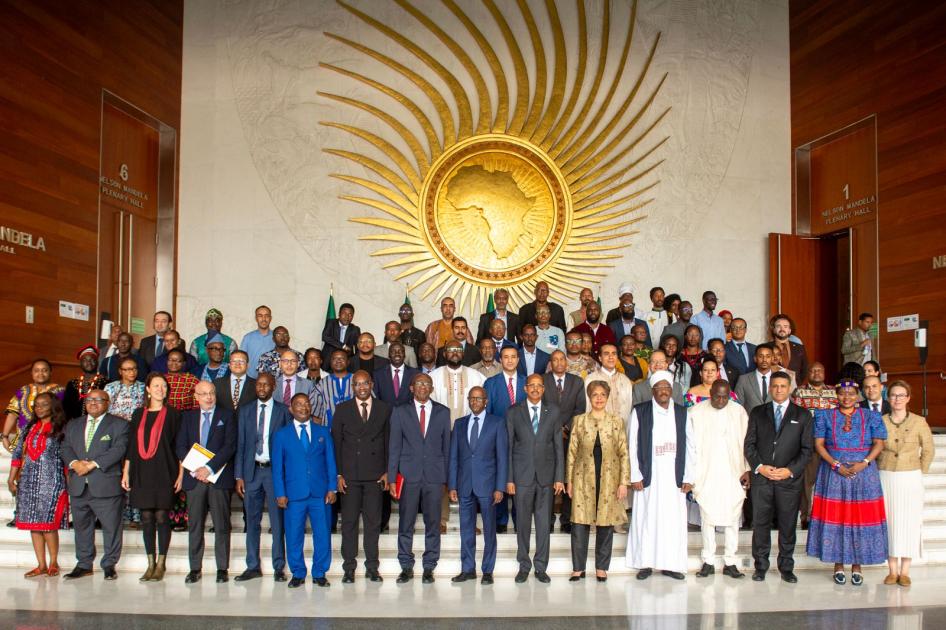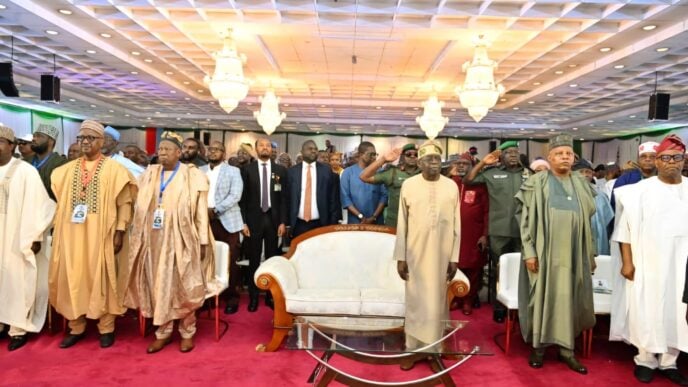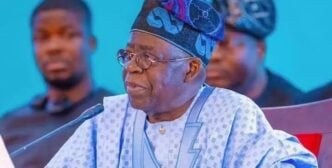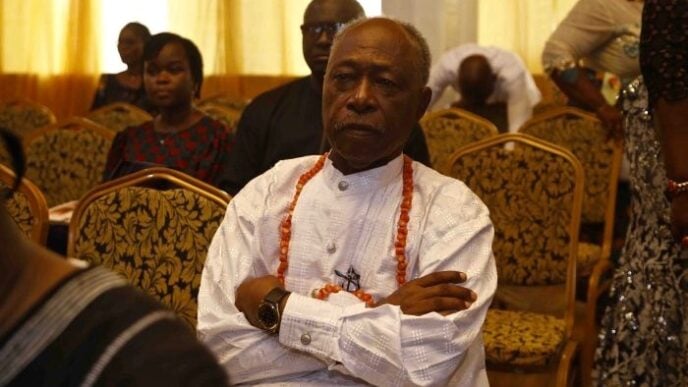When Ambassador Troy Fitrell, Senior Bureau Official at the U.S. Bureau of African Affairs, addressed African stakeholders in Abidjan in May 2025 at the launch of the Bureau’s new Commercial Diplomacy Strategy, it was clear that the narrative had shifted. The tone was polished, the language diplomatic, and the message carefully crafted: the United States no longer sees Africa merely as a recipient of aid, but as a serious partner for trade and investment.
With Africa’s projected $16 trillion in purchasing power by 2050, Washington has recognised that the continent’s future is economically pivotal. Yet, behind this rhetoric of “mutual prosperity” lies a strategic recalibration — one that African leaders must meet with clarity, coherence, and above all, self-interest.
There is no denying that the continent’s leverage is growing. The demographic explosion, an expanding consumer base, and an emergent middle class are making Africa impossible to ignore. But to convert this potential into real bargaining power, African states must move beyond fragmented national postures and act collectively through the African Union and regional blocs.
The U.S. has indicated it will prioritise investment in countries that implement specific reforms — a strategy that risks leaving behind those deemed too complex or unstable. African policymakers must therefore insist that U.S. engagement aligns with Agenda 2063 and supports the broader continental integration goals of the African Continental Free Trade Area (AfCFTA), rather than cherry-picking “friendly” markets.
Advertisement
Even more telling is the American emphasis on so-called “commercially viable” infrastructure. In contrast to China’s often-criticised public spending on large-scale, long-term projects, the U.S. approach favours private capital and market-driven outcomes. Yet this framework is inherently limited. Africa’s infrastructure gaps — from energy to railways to digital backbones — are not always attractive to investors seeking quick returns. If the United States wants to be a genuine partner, it must support projects that may not be immediately profitable but are structurally transformative. Development cannot be subordinated to investor comfort.
Moreover, the new U.S. doctrine of “trade, not aid” cannot become a Trojan horse for economic entrenchment. While trade may offer a more equitable framework than aid, it cannot be decoupled from the realities of global economic asymmetry. U.S. companies operate with substantial government support, sophisticated financial tools, and powerful political backing. African firms, by contrast, face capital constraints, weak institutions, and infrastructure deficits. If Washington is serious about commercial partnership, it must address these imbalances, not gloss over them with buzzwords like “de-risking” and “blended finance.”
This shift toward investment conditionality, where access to American capital is tethered to specific reforms, also deserves closer scrutiny. The reforms demanded by U.S. businesses may improve the business climate in some ways, but African governments must ensure these align with domestic priorities, such as inclusive job creation, industrialisation, and social equity, rather than simply creating an enabling environment for foreign investors. Reform for its own sake, or worse, reform for someone else’s bottom line, is not a strategy. It is capitulation.
Advertisement
At the heart of this evolving relationship is a familiar promise dressed in new language: that commerce, not charity, will now define Africa’s place in global affairs. But commerce between unequals risks repeating the very patterns it claims to reject. African states must resist being reduced to markets for goods and services or battlegrounds for global powers vying for influence. Instead, they must engage as equals, with defined priorities, strategic red lines, and non-negotiable demands, including technology transfer, value chain participation, local content integration, and infrastructure that supports regional, not just foreign, commercial interests.
If the U.S. seeks a genuine partnership, it must accept Africa’s right to choose its path. And African leaders, in turn, must stop merely reacting to foreign overtures. The age of being courted is over. This is the time to coordinate, articulate a unified vision, and negotiate from a position of agency, not anxiety. A new commercial era may be dawning, but unless Africa sets the terms, it will remain bound by foreign blueprints.
This is Africa’s moment. It must not squander it in the shadows of other nations’ strategies. It must define its own.
Abiodun is an analyst at SBM Intelligence
Advertisement
Views expressed by contributors are strictly personal and not of TheCable.











